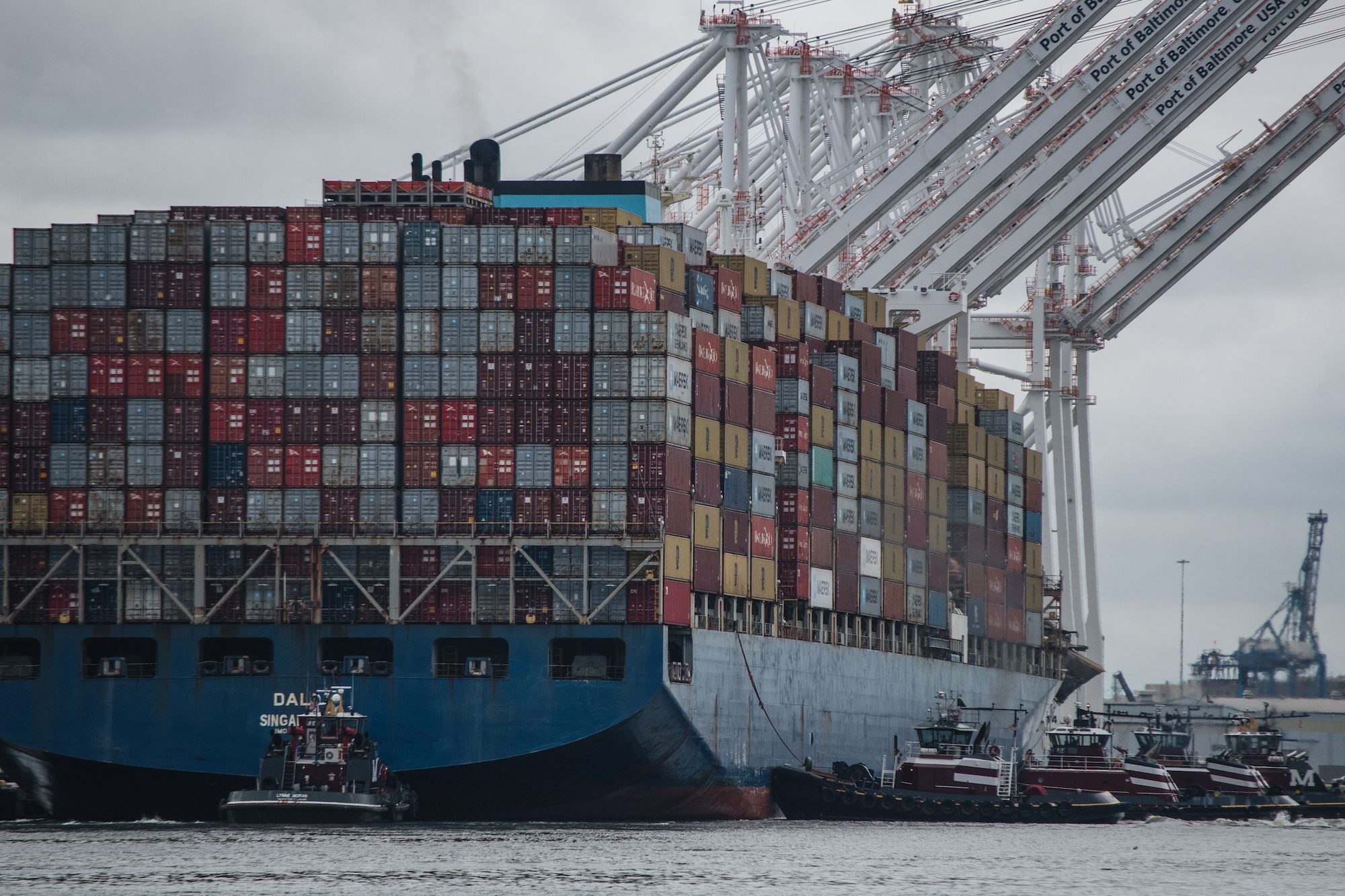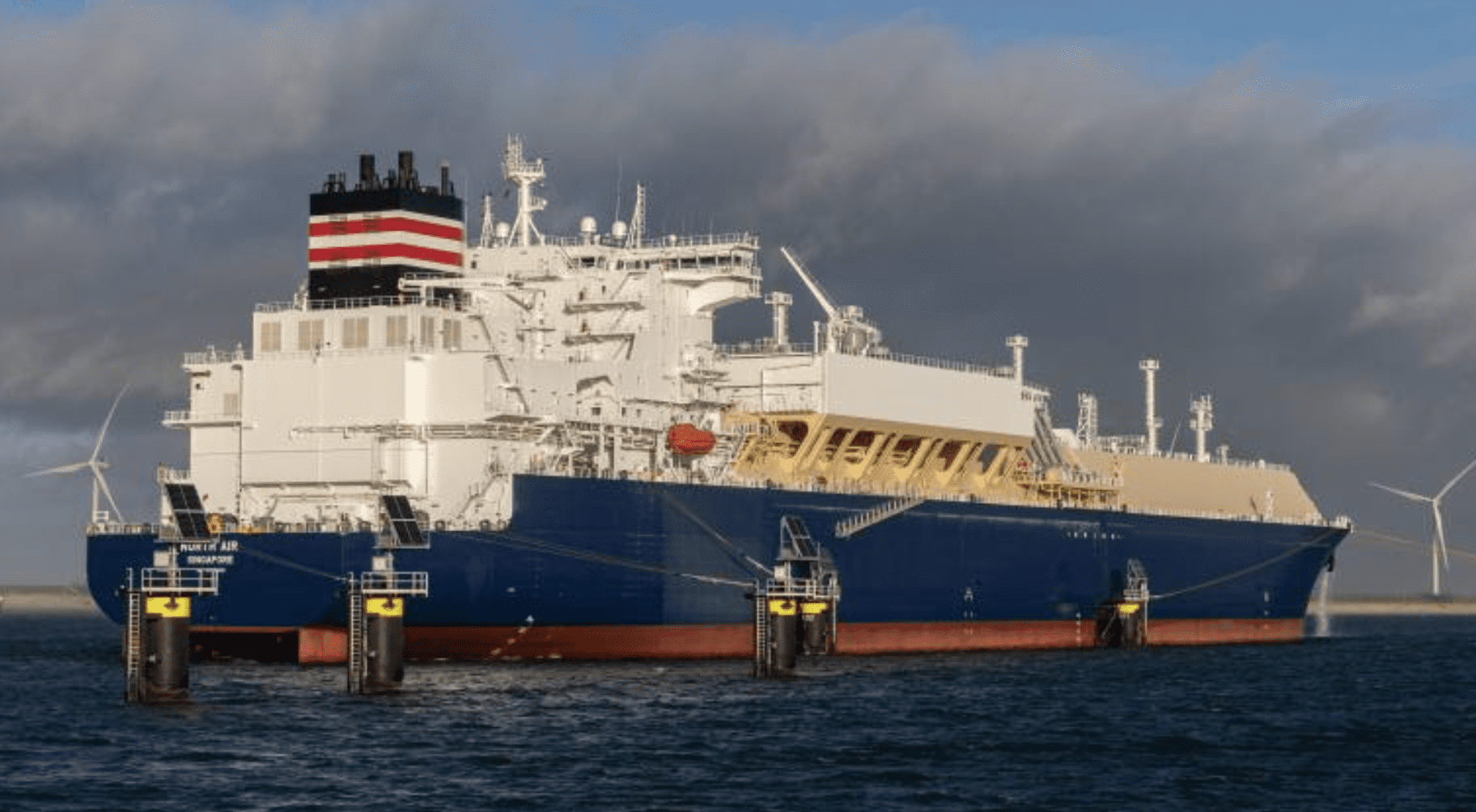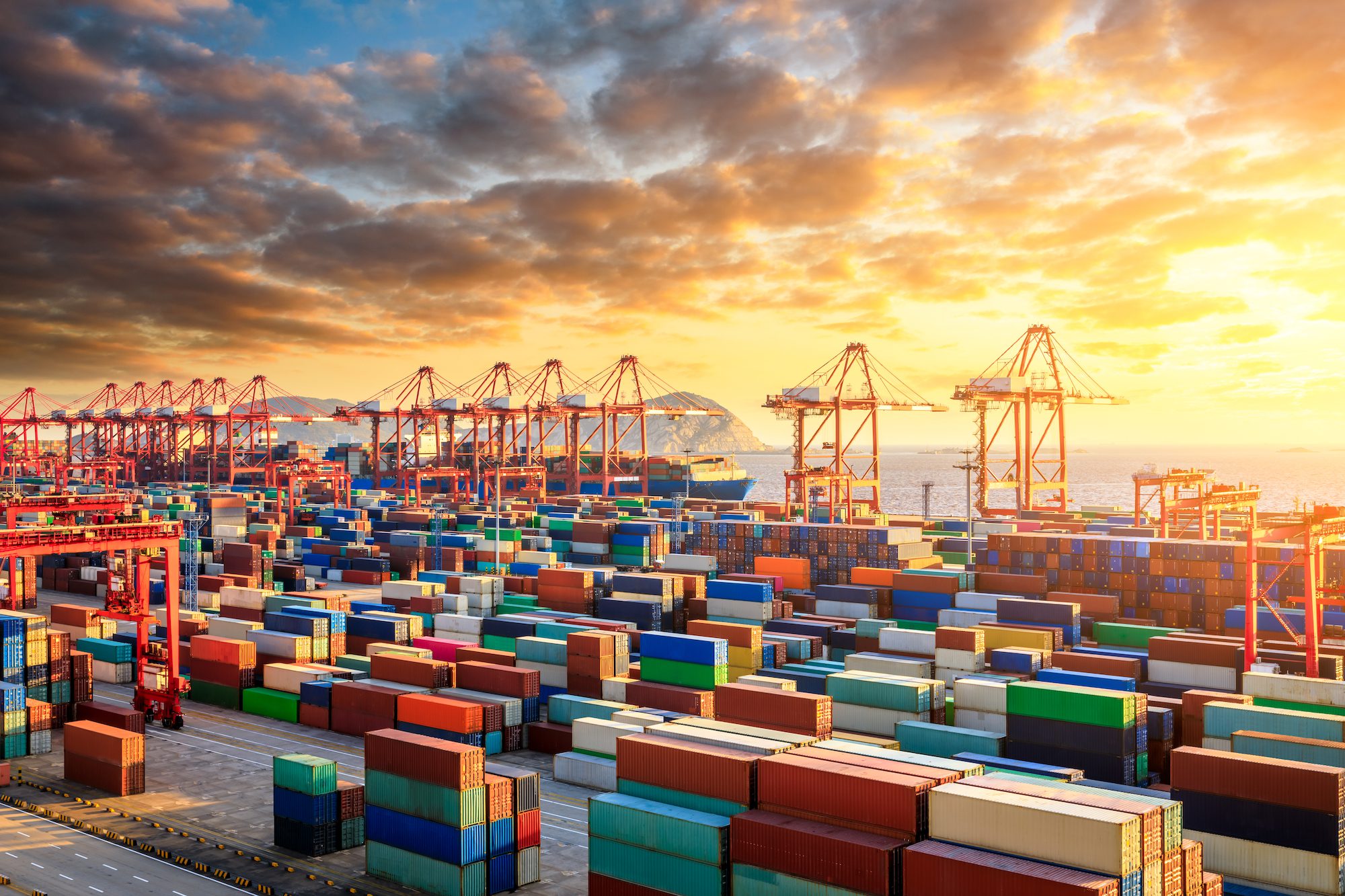Maritime security firm Ambrey has warned Israeli-linked shipping remains at risk in the Gulf of Oman and Arabian Sea following Saturday’s seizure of the MSC Aries by Iran.
The Portuguese-flagged containership was seized near the Strait of Hormuz on April 13 in retaliation for an alleged Israeli airstrike on an Iranian consulate in Damascus, Syria on April 1, which resulted in the death of seven officers of the Islamic Revolutionary Guard Corps (IRGC), including a top IRGC commander. Iran had threatened retaliation for the airstrike and said it could close the Strait of Hormuz, a significant global chokepoint for oil.
MSC Aries is owned by Zodiac Maritime, a company owned by Israeli businessman Eyal Ofer.
Ambrey noted that the MSC Aries is the first Israeli-affiliated vessel to be boarded by Iran since the attempted boarding of a tanker in August 2021. The Iranian foreign ministry on Monday claimed that the ship was seized due to “violations of maritime laws” and for ignoring calls made by the Iranian authorities.
The MSC Aries and its 25 crew members have since been taken to Iranian territorial waters.
In a circular, Ambrey said it has assessed there remains an increased threat to Israeli-shipping in the region. It said that while Israel-affiliation is determined more strictly by Iran compared to the Iranian-backed Houthis in Yemen, there is still a risk of false targeting.
Peter Sand, Chief Analyst at Xeneta, warns that the incident could potentially disrupt ocean freight container imports and oil exports in the Middle East and exacerbate an already tense situation in the Red Sea and Gulf of Aden, where the Iranian-backed Houthis continue to launch drone and missile attacks against commercial ships and naval vessels.
“We don’t yet know the full details of the incident in the Strait of Hormuz, but any widening of the conflict which has already resulted in huge disruption to ocean freight services in the Red Sea region would be extremely concerning,” said Sand.
“For example, Dubai is a regional hub for imports as well as sea-air corridors, with containers arriving by ocean via the Strait of Hormuz for onward travel by air to Europe and North America. If ships are impacted from sailing into the Arabian Gulf then the disruption would be considerable,” he added.
Christian Roeloffs, CEO of Container xChange, warned that tensions in the Middle East could lead to a surge in War Risk premiums and freight rates.
“Regardless of immediate outcomes, we anticipate heightened uncertainty in shipping markets,” said Roeloffs. “This comes at a time when tensions have already been simmering since the end of November, particularly in the Bab-al-Mandab strait and the Red Sea. Now, the Strait of Hormuz emerges as a new focal point, with significant implications for Dubai, specifically Jebel Ali, a core transhipment hub in the region.”
“We anticipate that freight rates may rise in response to the increased tension and uncertainty. Furthermore, while the possibility of diversions around the region, potentially impacting hubs like Jebel Ali, exists, we believe it’s unlikely given the hub’s importance in global shipping networks,” he added.
All eyes are now Israel’s response to Iran’s massive drone and missile attack against it on Saturday.

 Join The Club
Join The Club










